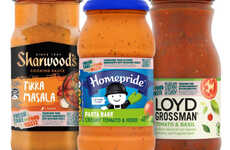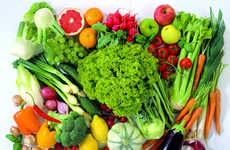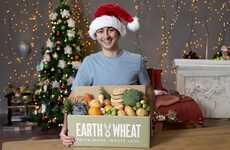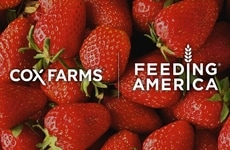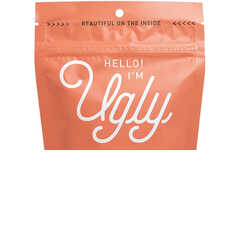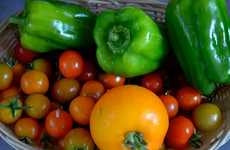
The Feeding the 5,000 Initiative Sheds Light on Wasted Food
Meghan Young — November 24, 2011 — Lifestyle
The Feeding the 5,000 initiative brings to light a sad fact of modern society. There are many people who loath eating misshapen fruits and vegetables, which leads to a huge waste of food that would otherwise be able to feed hundreds if not thousands of people.
Spearheaded by food waste expert Tristram Stuart, the Feeding the 5,000 initiative was a coalition of Fareshare, FoodCycle, Love Food Hate Waste and Friends of the Earth. They took to Trafalgar Square in London, serving free lunches to visitors and citizens alike. The produce used in these meals were supplied directly from farmers who sell their goods to supermarkets, which avoid cosmetically imperfect fruits and vegetables because they deem them unsellable.
Spearheaded by food waste expert Tristram Stuart, the Feeding the 5,000 initiative was a coalition of Fareshare, FoodCycle, Love Food Hate Waste and Friends of the Earth. They took to Trafalgar Square in London, serving free lunches to visitors and citizens alike. The produce used in these meals were supplied directly from farmers who sell their goods to supermarkets, which avoid cosmetically imperfect fruits and vegetables because they deem them unsellable.
Trend Themes
1. Misshapen Produce Consumption - The potential for businesses to create demand for cosmetically imperfect fruits and vegetables by incorporating them into creative, appealing meals.
2. Food Waste Reduction - The opportunity for innovations in the supply chain to prevent the waste of edible produce based purely on cosmetic criteria.
3. Sustainable Food Systems - The need for businesses to support sustainable food systems by addressing the underutilization of edible produce and finding ways to incorporate it into meals.
Industry Implications
1. Foodservice Industry - There is potential for restaurants and caterers to incorporate misshapen fruits and vegetables into meal offerings, reducing food waste while creating unique menu items.
2. Agriculture Industry - With the potential demand for cosmetically imperfect produce increasing, farmers could benefit from developing new channels to sell their excess supply, preventing food waste and increasing revenue.
3. Grocery Industry - Grocery stores could implement programs that reduce the amount of edible produce discarded, appealing to consumers' desire for environmentally conscious options while also supporting sustainable food systems.
0.6
Score
Popularity
Activity
Freshness



